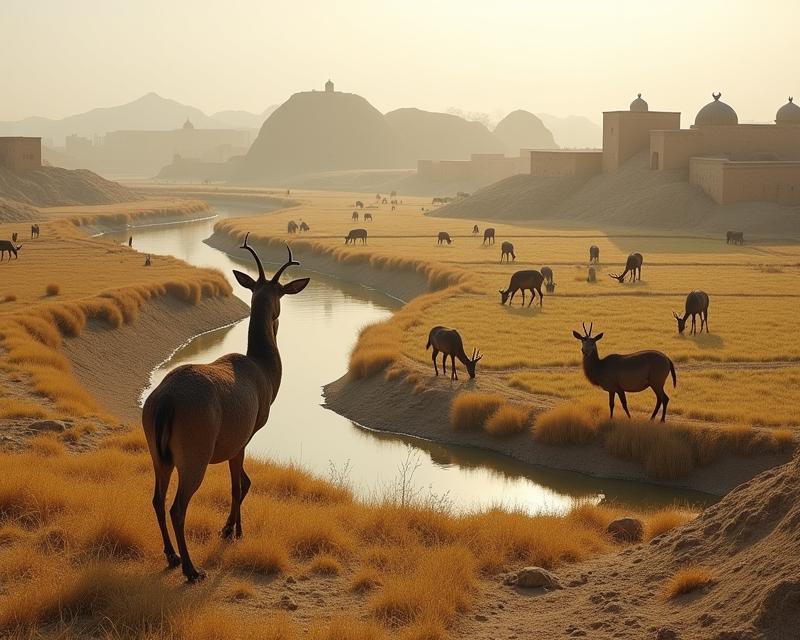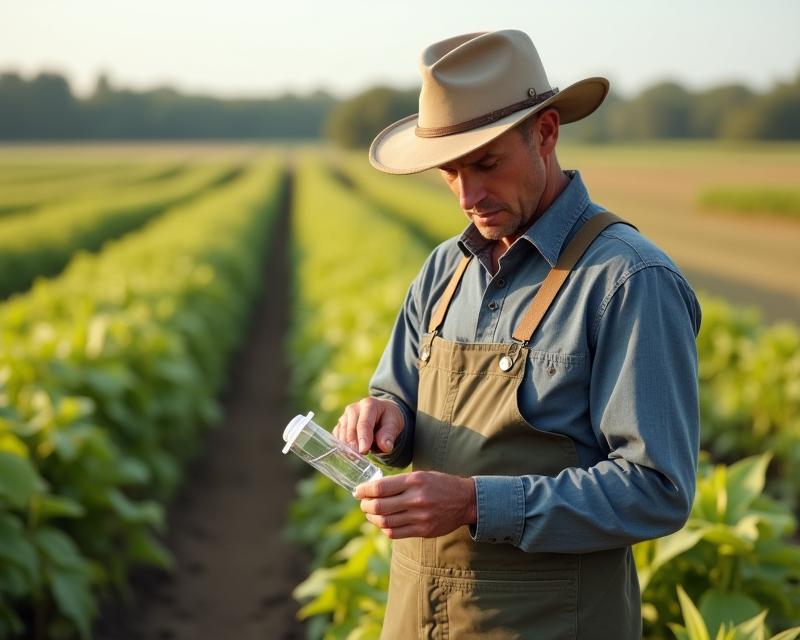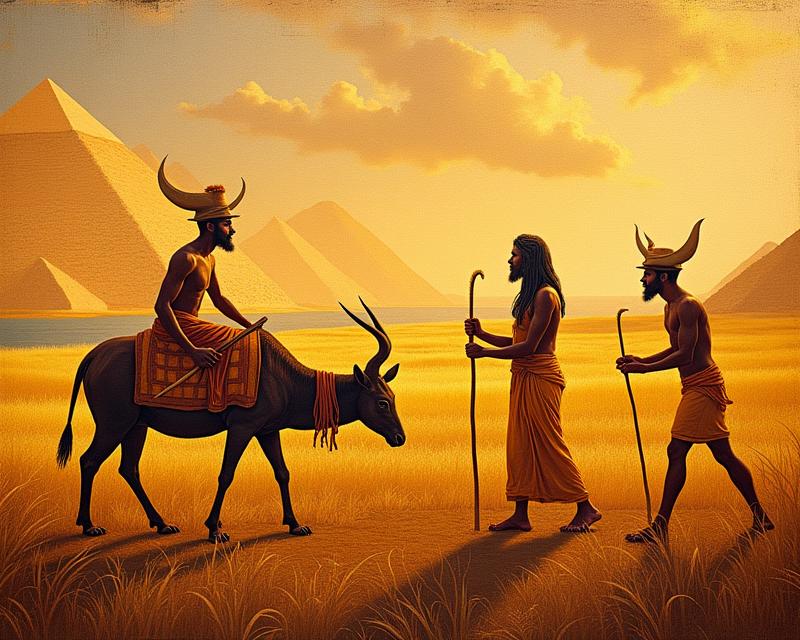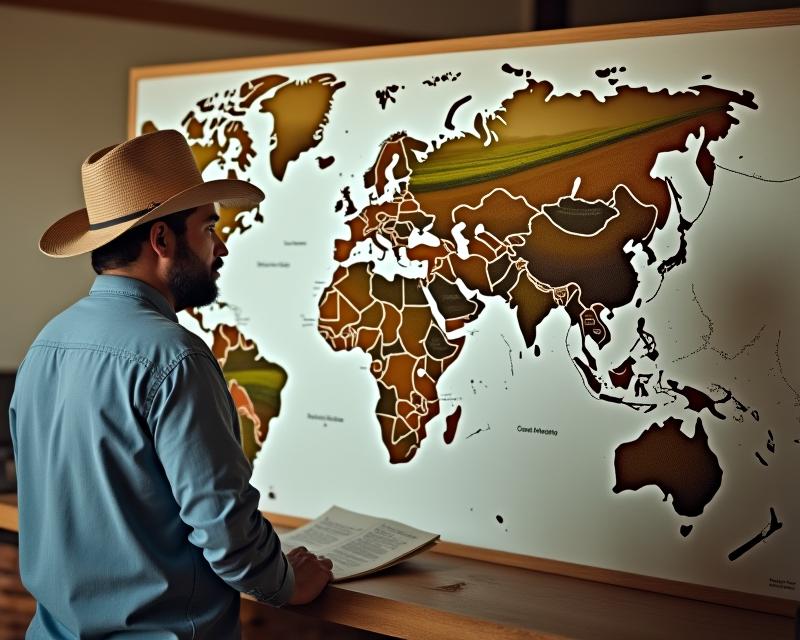Ancient Vines: The Origins of Wine
Publish in Agriculture el 23/07/2025 17:02
Ancient Vines: The Origins of Wine
Have you ever stopped to think about where wine, a beloved beverage enjoyed for millennia, actually came from? The story of viticulture – the cultivation of grapes – is a fascinating journey back in time, with its roots firmly planted in ancient Persia and Phoenicia. Understanding these early beginnings offers a unique perspective on our modern farming practices and the enduring connection between humans and the land.
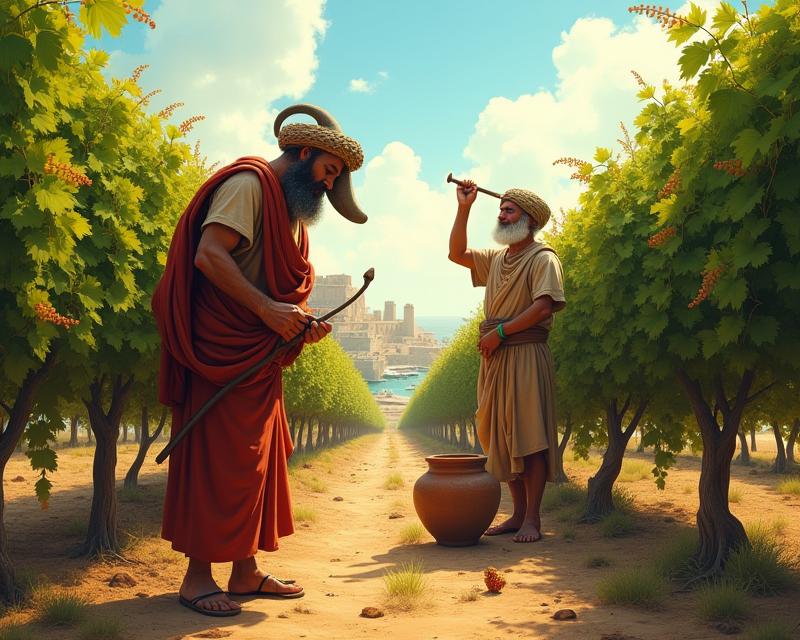
Around 6000 BC, evidence suggests that grape cultivation began in the Near East, specifically in regions encompassing modern-day Iran (Persia) and Lebanon (Phoenicia). These weren't vineyards as we know them today, but rather wild grapes that were likely gathered and consumed. Over time, people began to experiment with pressing the grapes, discovering the delightful results of fermentation. This wasn't just about enjoyment; early winemaking was often intertwined with religious and ceremonial practices. Think of it as a vital part of community life, a way to celebrate harvests and honor the gods.
The Phoenicians, renowned seafarers and traders, played a pivotal role in spreading viticulture across the Mediterranean. They weren't just growing grapes for themselves; they were producing wine to trade with other civilizations. Their ships carried vines and winemaking techniques to Greece, Egypt, and eventually, throughout the Roman Empire. This widespread dissemination led to the development of diverse grape varieties adapted to different climates and soil types. The Phoenicians understood the importance of terroir – the unique combination of soil, climate, and topography – in shaping the flavor of the wine. This is a concept that modern farmers still grapple with when selecting grape varietals for their crops.
So, what can we learn from these ancient pioneers? The story of viticulture highlights the importance of experimentation, adaptation, and the deep connection between farming and culture. It reminds us that successful agriculture isn't just about planting seeds and watering them; it's about understanding the land, respecting its resources, and building a sustainable system. Whether you're growing grapes, vegetables, or livestock, the principles of observation, innovation, and community that drove early winemakers remain relevant today. It’s a testament to the enduring power of human ingenuity and our relationship with the natural world. Consider exploring the history of your own crops – you might be surprised by the rich and fascinating stories they hold!

